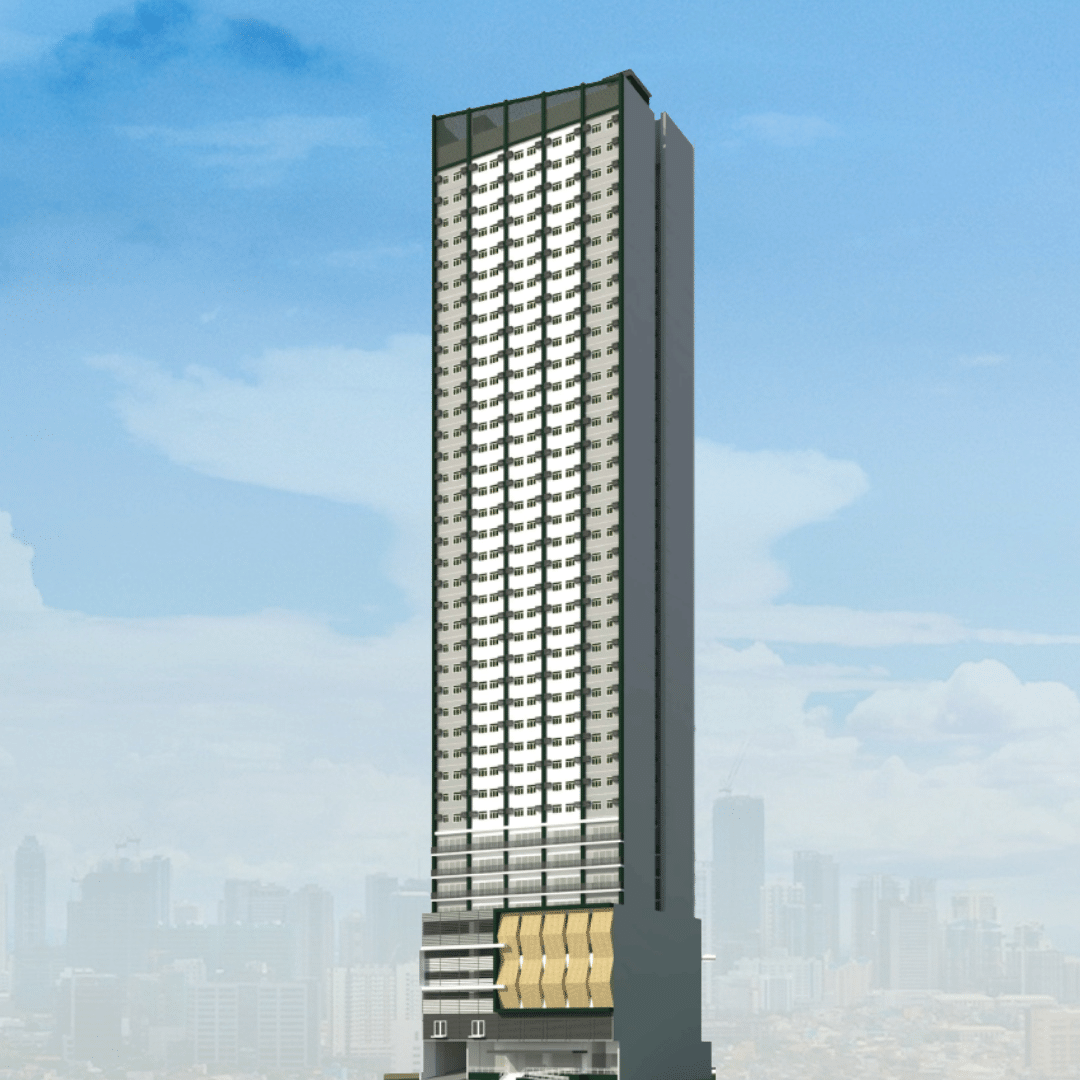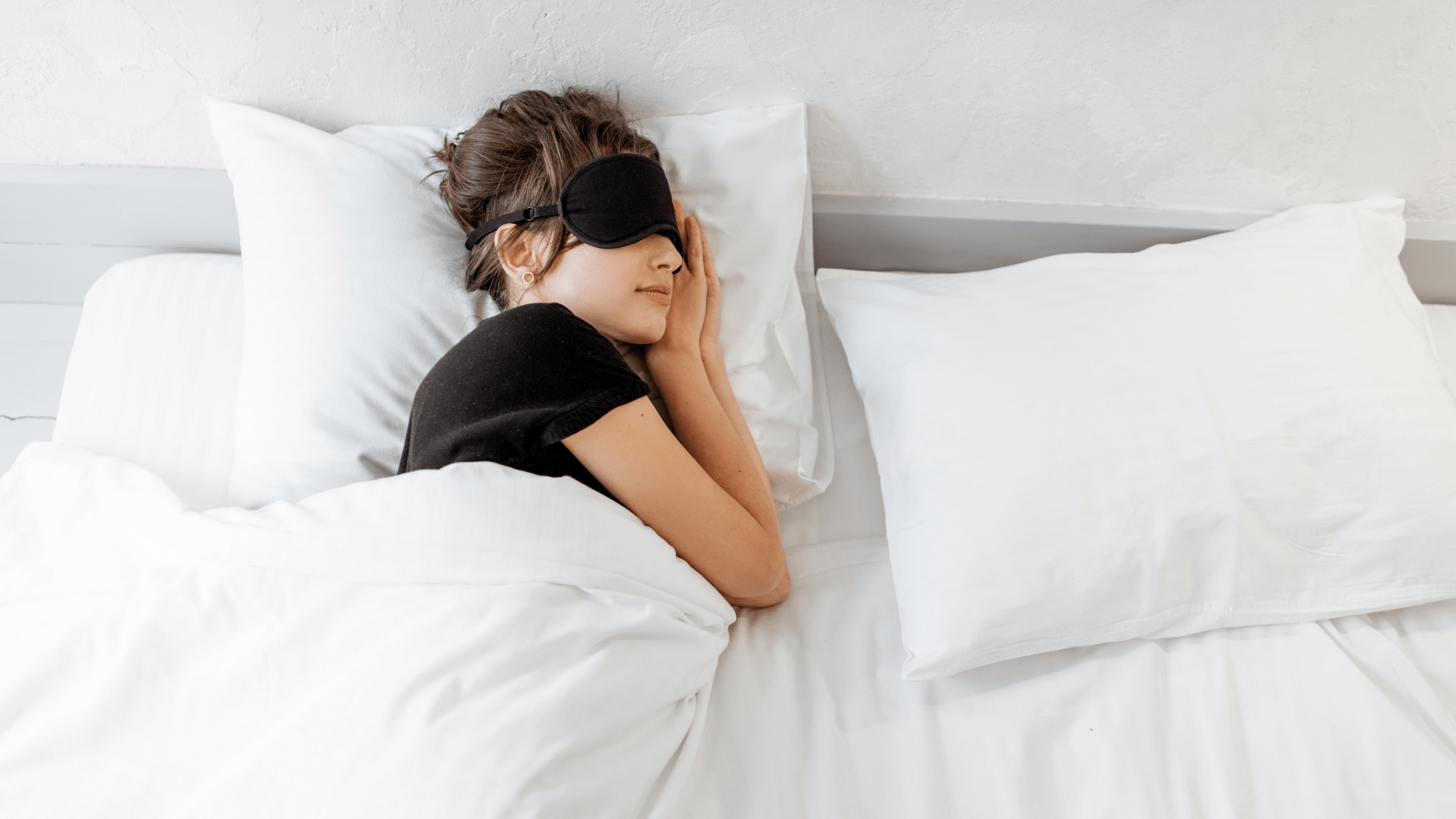Do you find yourself energized and ready to conquer the day in the early morning, or do you come alive as the sun sets, thriving in the late-night hours? Your sleep-wake patterns are influenced by your chronotype, a fascinating aspect of human biology that can reveal whether you are an early bird, a night owl, or somewhere in between.
In this article, we'll delve into the world of chronotypes, explore their origin, discuss why they matter, address common misconceptions, and provide you with seven key indicators to help you determine whether you lean more towards being a night owl or an early bird.
Understanding Chronotypes
The concept of chronotypes has been around for centuries, but it gained popularity in the 20th century with the work of researchers like Franz Halberg and Jürgen Aschoff. The term "chronotype" itself comes from the Greek words "chrono" (time) and "type" (model), encapsulating the idea that each person has a unique biological clock governing their daily rhythms.
The metaphors of "night owl" and "early bird" likely stem from observations of bird behavior. Birds, like humans, have their own chronotypes. Night owls in the avian world might be represented by owls, which are most active during the night, while early birds could be analogous to sparrows that are active in the early morning. This metaphor effectively conveys the essence of different chronotypes.
Why Chronotypes Matter
Understanding your chronotype can significantly impact your daily life, productivity, and overall well-being. Here's why it matters:
- Optimized Productivity: Knowing your chronotype helps you schedule tasks and work during your peak energy hours, leading to increased productivity and efficiency.
- Improved Sleep: Tailoring your sleep schedule to your chronotype can lead to better sleep quality and overall health.
- Enhanced Mood: Aligning your activities with your natural rhythms can reduce stress and improve mood and mental health.
- Better Relationships: Understanding your partner's chronotype can lead to improved communication and more harmonious relationships.
Misconceptions About Chronotypes
Before we dive into determining your chronotype, night owl vs. early bird, let's debunk some common misconceptions:
- It's a Choice: Your chronotype is largely genetically determined and isn't something you can easily change.
- Night Owls Are Lazy: Night owls are not lazy; they thrive in the late hours and can be highly productive during their peak times.
- Early birds are always healthy. Being an early bird doesn't guarantee better health; it's about aligning your activities with your natural rhythms.
7 Indicators to Discover Your Chronotype
Now, let's explore seven key indicators to help you identify whether you're a night owl, an early bird, or somewhere in between:
1. Sleep Timing: When Do You Naturally Drift Off and Wake Up?
The timing of your sleep is a fundamental indicator of your chronotype. Pay close attention to when you feel the most naturally tired in the evening and when you wake up feeling refreshed in the morning. Night owls tend to feel more awake and alert in the late evening, often struggling to fall asleep early, while early birds thrive in the early morning hours and find it challenging to stay up late.
2. Energy Levels: When Are You Most Energetic?
Your energy levels throughout the day can reveal your chronotype. Take note of when you experience peaks and dips in your energy. Night owls often experience an energy surge in the evening, while early birds are most energetic during the early part of the day.
3. Preference for Social Activities: Morning Person or Night Owl?
Consider when you enjoy socializing the most. Night owls tend to come alive in the late hours and may prefer social gatherings, parties, or deep conversations late into the night. On the other hand, early birds tend to prefer socializing earlier in the day, such as at brunches or morning coffee meetings.
4. Creativity Peaks: When Are You Most Creative?
Your creative flow can be a strong indicator of your chronotype. Notice when you feel the most inspired and creative. Night owls often report that their creative juices flow more freely during the late hours, while early birds may find their creativity at its peak in the early morning.
5. Work Habits: When Are You Most Productive?
Consider when you are at your most focused and productive. Night owls may find that they achieve their best work during the late afternoon or evening, while early birds are typically most productive in the early part of the day. This can greatly impact your work habits and efficiency.
6. Morning Routine: How Easy Is It for You to Get Up Early?
Assess your ability to wake up early and start your day. If you naturally wake up feeling refreshed and eager to start your morning routine, you may lean towards being an early bird. In contrast, if you find it challenging to get up early and prefer to hit the snooze button repeatedly, you may be more of a night owl.
7. Weekend Patterns: How Do Your Sleep Habits Change on Weekends?
Observe how your sleep and activity patterns change during the weekends when you have more flexibility. Night owls might take advantage of the opportunity to stay up even later, while early birds may still wake up early despite having the chance to sleep in. These weekend behaviors can provide insights into your natural chronotype.
By examining these seven indicators, you can gain a clearer understanding of your chronotype and how it influences your daily life. Remember that while these indicators can be insightful, chronotypes exist on a spectrum, and there is no right or wrong type. Embracing your unique chronotype and aligning your activities with your natural rhythms can lead to a healthier and more fulfilling lifestyle.
Discovering your chronotype can be a transformative journey, guiding you toward a lifestyle that aligns with your natural rhythms. Whether you're a night owl or an early bird, understanding your chronotype empowers you to optimize your daily routine, improve your sleep, and enhance your overall well-being.
As you embark on this self-discovery, consider how your chronotype may influence your choice of living spaces. Vista Residences understands the importance of a well-balanced life, and our condominiums are designed to cater to various lifestyles, including those of night owls and early birds.
No matter your chronotype, we provide a range of condominium options to suit your lifestyle and preferences. Embrace your unique chronotype and let it guide you to the perfect home where you can thrive and find balance in every aspect of your life.
Discover your chronotype and discover the ideal condominium with us. Your journey to a harmonious and fulfilling life begins with understanding and embracing who you are, and our condominiums are here to support you every step of the way.
To learn more about our condominium properties, email [email protected], follow @VistaResidencesOfficial on Facebook, Twitter, Instagram, and YouTube, or call the Marketing Office at 0999 886 4262 / 0917 582 5167.
.jpg)





